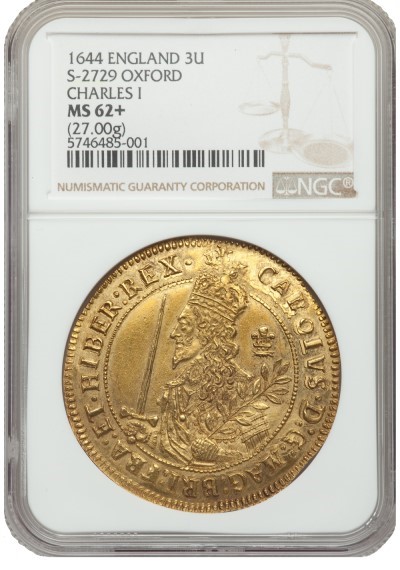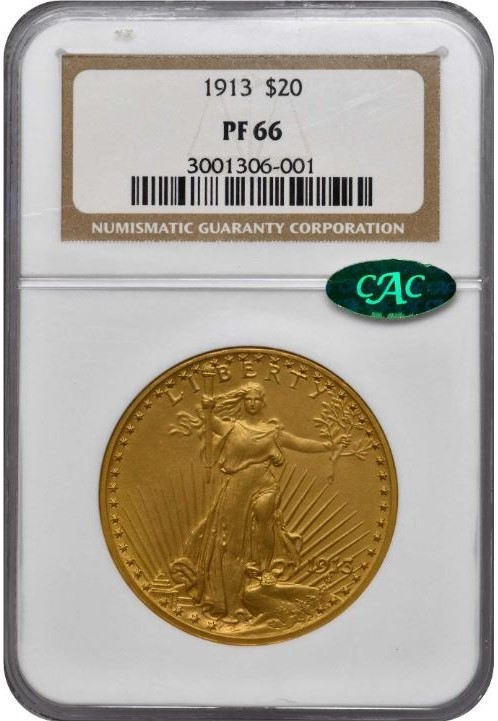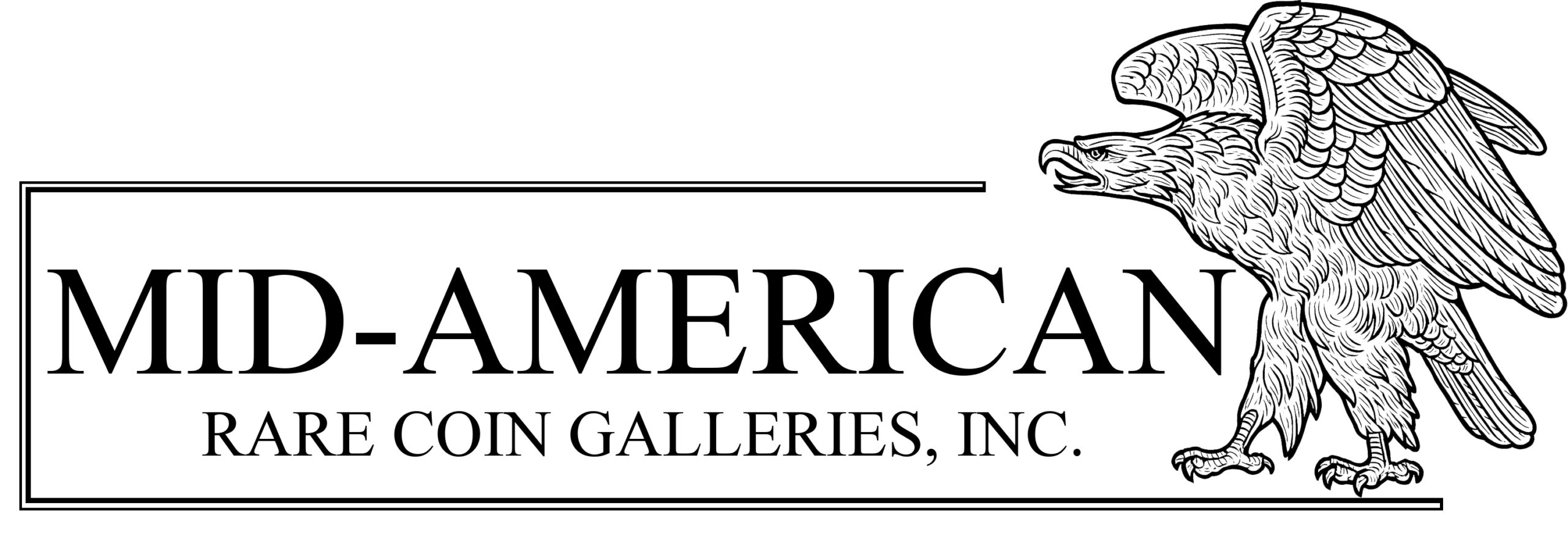The numismatic market is alive and well, with recent auctions proving its strength and resilience.
As I write this article, most rare coin professionals and collectors around the world are sheltered in trying to weather the effects of the coronavirus pandemic. However, most are still connected to the world via internet, so the rare coin market is alive! Bullion and any coins remotely bullion-related are flying off the shelf. Most dealers around the world have exhausted their physical supply of precious metals. The premiums for silver are off the charts, and silver bars are harder to find than toilet paper!
Even with the daily distractions of the news, rare coins are still trading hands as well. Stack’s Bowers bravely conducted a major auction last week that was, for all practical purposes, devoid of floor bidders. One determined collector reported that only about half a dozen bidders actually attended the main sessions of the auction. Despite this fact, bidding online more than made up for the lack of live bidders.
In general, prices seemed very firm considering the circumstances. Dealers and collectors were still paying strong prices for attractive coins, especially ultra-high-grade coins that boost registry set rankings. Likewise, the final offering of PMG-certified paper money from the Pogue Collection sold for very strong prices, with over $9 million realized.
 |
|
| This 1863 $100 “Spread Eagle” Legal Tender note graded PMG 65 Gem Uncirculated EPQ from the Pogue Collection realized $432,000. Click image to enlarge. |
|
Next up will be the Heritage Central States Auction in a few weeks that will most likely be conducted under similar circumstances. Indeed, auctions remain an important venue for anyone who is trying to buy or sell rare coins. But for anyone who has not participated in a major rare coin auction, the whole process can be a bit intimidating.
 |
| A 1644 England Gold Triple Unite graded NGC MS 62+ with a current bid that is already over $50,000 in the Heritage Central States Auction Click image to enlarge. |
If you are determined to view lots in person regardless of the risks, the auction companies will do their best to accommodate you if possible. However, this will obviously depend on the state and the venue. The following advice for bidding at auction is geared more to “normal” course of business — hopefully, these restrictions will be behind us all in the coming weeks or months — but the information about online bidding is now extremely relevant for us all.
For someone new to the hobby, walking into the lot viewing room is a bit scary. The room is huge and there are guards everywhere, making sure the room is secure. New collectors might not understand how the process of lot viewing works.
The first order of business is to register online or in person as a buyer. You will need to provide the expected information: name, address, email and how you are going to pay for your won lots. If you are interested in credit, which many dealers and some collectors take advantage of, you will need several references. Credit is best taken care of well before the sale, as the staff is very busy at lot viewing and might not have time to check references in time for you to place bids.
After registration, you will receive a bidder number — usually a large number printed on a piece of paper. This will be your tool for bidding in person. Contrary to what you see in the movies, auctioneers much prefer bidders to raise their bidder cards in the air and not try to figure out if your cocked eyebrow means a bid.
While floor bidding is important, the internet has literally changed the landscape of coin auctions. The room might be mostly populated by dealers, but collectors around the world are able to compete from the comfort of their home or office.
For years, dealers dominated the rare coin auctions, and probably purchased over 75% of the coins sold. This has changed dramatically in recent years. I now estimate that collectors purchase around 75% to 85% of the coins that cross the auction block. Before you enter this exciting competition, however, you need to examine the lots.
If you are attending an auction, you can examine the coins being offered for sale after you receive your bidder number. For online bidding, most auction houses provide amazing, high-resolution photographs of the items being offered.
When we can go to auctions again, examining coins in person is an incredibly educational opportunity for collectors. You have the chance to hold and examine millions of dollars’ worth of rare coins in one room. You can study the individual coins that interest you with no pressure or rush. (This is not always true on the bourse floor.)
 |
| 1913 Saint-Gaudens Double Eagle graded NGC PF 66 that realized $162,000 in a recent Stack’s Bowers sale Click image to enlarge. |
You can also study coins closely to get a better understanding of how rare coin grading works. You may have always wanted to purchase a nice Double Eagle but could not decide which grade to buy. Now you have the opportunity to do a side-by-side comparison of an MS 61, MS 62, MS 63, MS 64 and probably several even better. That would be impossible anywhere else.
Auctions are also a great place to be able to compare coins of the same grade, and then see how the marketplace values them when they cross the auction block. This will give you a better understanding of how toning, strike and other factors affect the final price of coins that have the same grade. This can be very enlightening, but somewhat confusing. You might see a coin sell for double or triple that of a similar grade coin. Remember there are professionals trying to buy coins for regrading, and even those guys get carried away sometimes!
After you have examined lots, it will now be time to figure out how much to bid for the coins that are of interest. This is extremely important to do in advance. As mentioned above, it’s easy to get caught up in auction fever during a sale. That one last bidding increment can be painful. With most auctions now charging a 20% buyer’s premium, only an Einstein can do the math in his or her head as the sale is going off. After you have identified the lots of interest, now is the time to do some basic research.
Try to figure out what similar grade coins have sold for at auction in recent months or years. Auction prices realized are now one of the most important research tools for dealers and serious collectors. Come up with a price you a willing to pay, and then do the math to account for the buyer’s premium.
 |
|
| Use the NGC Price Guides to research coin values. | |
I would recommend targeting several lots to bid on. Otherwise, you will become frustrated when you are unsuccessful, and bid too much just to get in on the action. If you do not establish firm bidding limits before the sale, you run the risk of letting your emotions take over. I know this is true because I have been guilty of the offense on many occasions!
In light of the fact that it is now very difficult to examine lots in person, an idea that might be helpful is to use the services of a seasoned professional to assist you in the bidding process. For a fee of only about 5%, many dealers will examine lots, help with pricing, and actually execute your bids. The small fee could save you lots of money by avoiding the mistakes inexperienced collectors sometimes make.
Many professional and seasoned collectors now place their bids on the internet well in advance. Sitting in an auction room for hours can be a lot of work and requires tons of patience. A recent Baltimore auction of Colonial coins ran well past 3 a.m. Years ago, most dealers would never have given an auction house the limit of what they would pay for a coin. They would have been concerned about the auction house making sure they paid their limit or close to it.
This is no longer a concern for most buyers. The auction houses long ago figured out that running an honest and fully transparent sale was in their best interests. I bid on coins and currency on the internet quite often and I’m usually successful at levels below my limits.
After the sale has concluded, you will then need to visit lot pick-up the next day to claim your coins. Make sure to bring your bidding information and double check the invoices. Auctions can be hectic, and mistakes do happen. As noted above, if you have been approved, you will be able to write a check or sign for your lots.
Again, do this in advance to speed up the process and avoid embarrassment. Years ago, many auction houses just gave bidders the nod when it came to credit. Now, it is much more like dealing with a bank. A typical sale will see tens of millions of dollars trading hands, and the auction houses are much more careful.
For those bidding online, you will be notified immediately on the success of your bids. You will need to arrange payments and most likely pay for shipping charges.
Good luck in the next sale, whether online or in person. Maybe someday, you will be sitting in the auction room watching your collection sell!
